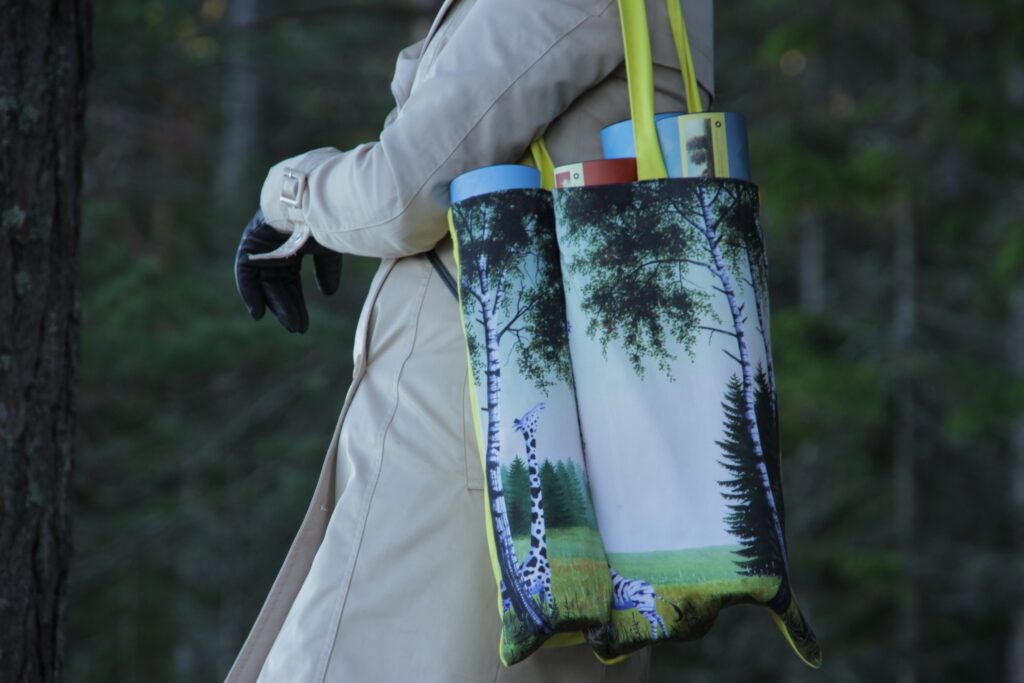When people talk about jigsaw puzzling, they often imagine a peaceful moment – a cup of tea, good light, nice music and often a woman working thoughtfully on a jigsaw. But this is not just a romantic stereotype. In reality, both research and empirical statistics show that women are indeed very skilled puzzlers – for neurological, social and creative reasons.
Women’s brains are detailed and visually oriented
Researchers have found that women’s brains on average tend to process more from the right hemisphere, which is responsible for visual, creative and holistic perception. This makes them particularly strong at noticing details, recognising visual patterns and understanding colours, shapes and compositions. There is no doubt that such skills will come in handy when puzzling.
Reference: Gur et al., 1999 – Journal of Neuroscience
Women are better able to concentrate and work patiently
Puzzling requires consistent and deep attention, which can be frustrating and frustrating. But research shows that women are often better able to focus on repetitive and systematic tasks, especially if they offer aesthetic or creative satisfaction.
Reference: Weiss et al., 2003 – Cognitive Brain Research: “Gender differences in sustained attention tasks”.
Puzzling is perfect for women’s creativity and sense of aesthetics
ARTiK art puzzles are inspired by nature, illustrations and colour. These are areas where women excel, both as creators and as observers. Women are often more prone to interior design, and the frames that come with ARTiK jigsaws provide a unique opportunity to combine these worlds. In addition, women are also more likely to choose jigsaws as gifts that reflect personal and aesthetic values.
Pusled has taken on a new meaning, especially in women’s communities
In the last few years, puzzling has even become a symbol of women’s spiritual well-being and personal space. Instagram and TikTok puzzle communities are home to thousands of women who share their creations, discuss difficulty levels and motifs, and create puzzling challenges.
The hashtag #puzzlegirl has garnered hundreds of thousands of views on TikTok and Instagram – it’s the new slow creativity movement.
Pusleting championship
Research and competition results show that women have been active and successful in jigsaw puzzles at the competitive level, especially in the World Jigsaw Puzzle Championship (WJPC).
For example, at the 2022 WJPC, more than 70% of participants were women. Overall, they dominate the individual events as well as the pairs and team events, taking first place in the 2019 (Jana Hanzelková) and 2024 (Kristin Thuv) WJPCs.
Finally
Whether through science, creativity or experience, it is clear that women have many good qualities when it comes to jigsaws, and it is no wonder that they are often the ones who buy, gift, assemble and frame them. Thank you! But playing puzzles is an accessible, appropriate and meaningful activity for everyone, regardless of age, gender or other demographics.

